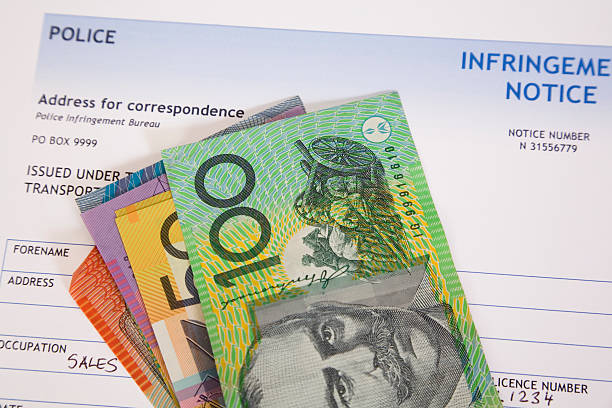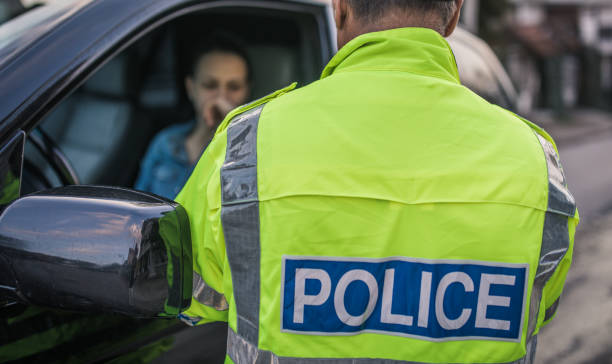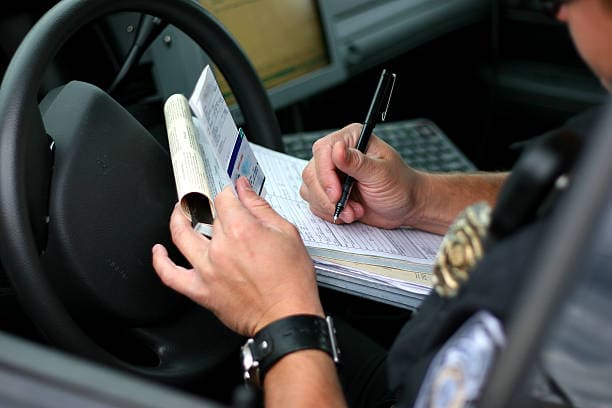Parties may get fines for speeding if they are driving a motor vehicle at a high speed, usually over the limit. Most roads and highways have set speed limits. If a party exceeds this limit, fines for speeding offence may be applicable.
Speeding can be very dangerous, increasing the chances of an accident or crash. It makes it difficult for a car to stop abruptly, and the stopping distance of the car increases. Moreover, the impact of a crash becomes more severe, increasing the likelihood of death or serious injury.
This is why fines for speeding act as a good deterrent that dissuades parties from driving in a rash manner. Parties can also expect to have their provisional licence or full licence suspended. There are instances where serious speeding offences can also occur.
Serious speeding, according to the NSW government, includes driving more than:
- 45km/hour above the speed limit
- 30km/hour but not more than 45km/hour over the limit
It also includes driving with a licence disqualification or suspension and exceeding the speed limit by more than 30km/hour. Moreover, NSW police can issue a license suspension at the roadside if they catch you speeding 45km/hour over the limit.
Among all traffic offences in New South Wales, speeding is probably one of the most common offences. In this article, we explore the topic of fines for speeding, and outline the penalties and costs involved in case you are caught speeding.
Fines for Speeding in NSW
This section will outline some fines that police can charge people for speeding. Generally, penalties and notices are subject to change without notice.
It is necessary to note that the punishment or penalty that police will impose on you will also differ based on certain factors. Some factors that determine the amount of fines for speeding may include:
- Type of vehicle at the time
- The number of kilometres that the driver drove over the stipulated speed limit
- Type of licence
- The severity of the matter, i.e., if the matter warrants a simple penalty notice or if there will be a court trial.
For example, below is a list of violations that can warrant a court hearing. In this case, the fines for speeding and penalties are provided beside the violation.
| Speeding offence | Light vehicles – maximum fine | Heavy vehicles – maximum fine | Licence disqualification |
| Not more than 10km/h | $2200 | $2200 | – |
| More than 10km/h but not more than 20km/h | $2200 | $2200 | – |
| More than 20km/h but not more than 30km/h | $2200 | $2200 | – |
| More than 30km/h but not more than 45km/h | $2200 | $2200 | 3 months (minimum) |
| More than 45km/h | $3300 | $5500 | 6 months |
There are offences for speeding in a school zone, and the fines for speeding, in this case, can differ on the basis of vehicle Class. For instance, fines for speeding in the case of Class A vehicles (light vehicles like cars and motorcycles) are different from speeding in Class B vehicles (such as trucks and other heavy vehicles).

How Is Speeding Detected?
Speed cameras detect the speed of vehicles by using approved electronic sensors. These can either be fixed cameras or mobile cameras.
These sensors are embedded in the road surface. The camera takes digital pictures of the offending vehicle. The picture will include key information such as:
- date and time of the offence
- location details of the camera that clicked the digital picture
- speed of the offending vehicle
- speed limit applying to the road where the camera was situated at the time of offence
- the direction of travel of the offending vehicle
- the lane that the vehicle was travelling in
- other security parameters
Moreover, school zones have fixed cameras installed. There is also a signpost in all school zones that list operating times of school zones and the speed limit of the zone. Cameras in school zones operate 24 hours a day, every day.
What Are Demerit Points?
When you commit a certain traffic offence and receive a fine, you may also get some penalty points. From the outset, all drivers and riders start with 0 demerit points. Drivers who follow all rules, and drive safely without getting caught for any offence, will continue to have 0 demerit points.
Usually, offences that attract demerit points come with fines. There is a demerit point limit. This is also called the demerit threshold.
If a party reaches its demerit point limit, the police can suspend their licence. It is also important to note that if you are a usual resident of NSW, and if you commit an offence in another state, the demerit points that that particular offence attracts in NSW will still apply when you are back in the state. On public holidays, double demerits or double demerit points are applicable.
P1 versus P2 Licence versus Full Licence
As mentioned above, fines for excessive speeding may differ depending on the type of license that you possess at the time of committing the traffic offence. As someone just learning to drive in NSW, you will first get a learner’s licence.
After the learner’s licence, parties get the P1 licence i.e., red plates, and P2 licence i.e., green plates. Only persons who complete these two provisional stages can apply to become full licence holders.
Can I Make an Appeal Against Fines for Speeding?
You can ask for a review to dispute your fine. Moreover, you will require documents to support your review. In case there were any special circumstances that were applicable, then you may consider requesting a review of your fine.
For instance, you may request a review if you were suffering from some:
- medical illness
- mental health problem
- personal hardship
- trauma
It is important to note that you have to provide information to support your claim. Proof includes showing medical reports from practitioners or doctors.

Seek Legal Advice from Lawyers about Fines for Speeding
You may have been charged with a serious traffic offence in New South Wales. If you are unsure about your next steps or if you are dealing with licence suspension, you must get in touch with lawyers who have experience in dealing with such matters.
At JB Solicitors, we have traffic offence lawyers and criminal lawyers to assist you with any matter. If you wish to read more articles on various legal topics, check our blog page here.
Contact our team for more information on speeding tickets or if you ran a red light.
